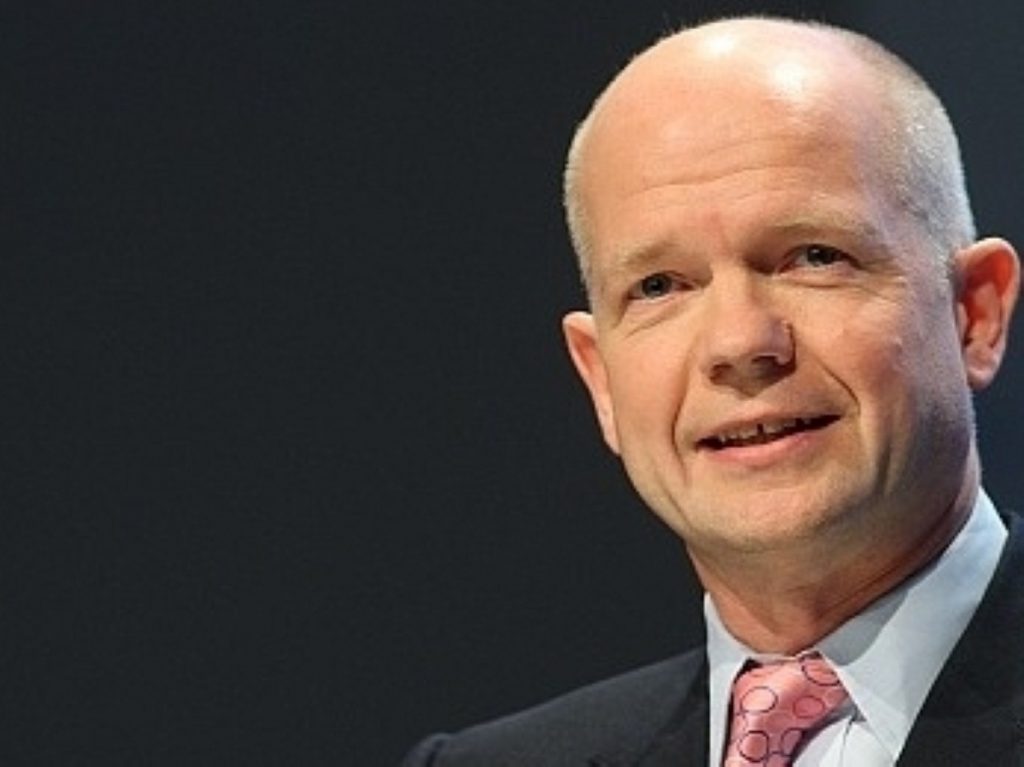Hague praises ‘time of opportunity’ in Middle East
By Ian Dunt
William Hague has proclaimed a “time of oppourtunity” in the Middle East, as several countries see historic protests in the region.
As the protests in Egypt entered their 13th day there were concerted efforts to get the economy going again, despite the continued presence of demonstrators in Tahrir Square in Cairo.
President Hosni Mubarak is meeting with members of the Muslim Brotherhood today, as part of his commitment to stand down for elections in the summer.


The Egyptian situation is at the centre of a region-wide wave of protest which could reshape the political map of the Middle East.
A Downing Street spokesperson said David Cameron and Barack Obama had spoken on the phone about the situation yesterday evening.
“The leaders agreed that it was for the Egyptian people to determine the leadership of their country. But they were clear that an orderly transition to a broad-based government, with real, visible and meaningful change needed to start now,” the spokesperson said.
“The prime minister said that a clear and credible roadmap to change was needed as soon as possible, including a path to free and fair elections.”
The phone call was one of a series with world leaders which Mr Obama conducted on Saturday.
The US’ diplomatic official in the country said that President Mubarak “remains utterly critical in the days ahead”.
The comments suggest that the US is taking a step back in the Egyptian crisis and effectively accepting the Egyptian president’s argument that he is needed at least in a transitional period.
The US has adopted a cautious approach to the protests. While the White House delivers regular speeches on democracy in the Middle East, it enjoyed a good relationship with the Egyptian dictator due mutual fears of the Muslim Brotherhood.
Mr Hague’s comments offered little sign of where Downing Street stood on the issue.
“We’re not saying he [Mubarak] should stay till September nor are we saying whether he should leave today,” the foreign secretary said on the Andrew Marr programme.
“Avoid repression, harassment of journalists and suppression of the internet. These things are hugely damaging.
“These are the messages. To go further than that is to interfere in the affairs of Egypt.”
“We can’t arbitrate on daily events.
“This is a time of opportunity in the Middle East.”
Protestors are planning to stay in Tahrir Square until there is visible change in the Egyptian leadership, although there are reports the army may try to move them.
Banks and shops were opening today after nearly a fortnight of disruption.
The government’s decision to shut down the internet during the protests is thought to have knocked Egypt’s financial and political reputation. The effect of the instability on the tourist industry remains to be seen.

